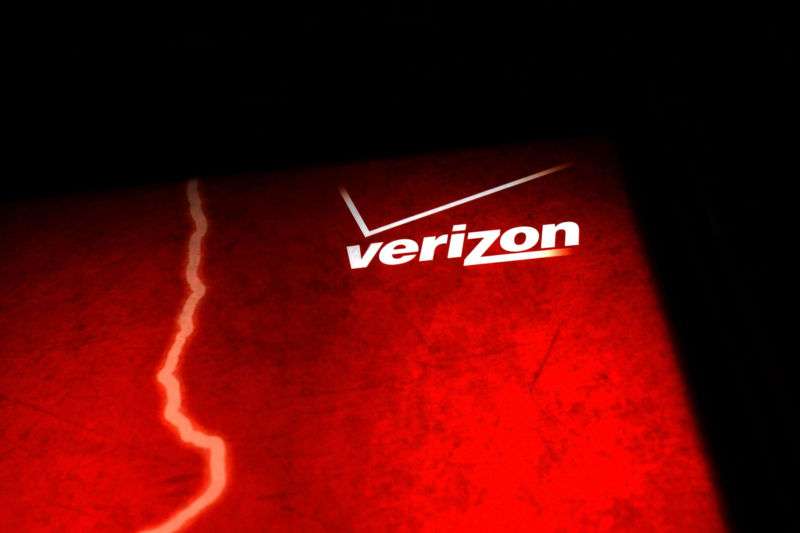
Verizon cuts 10,000 jobs and admits its Yahoo/AOL division is a failure

Verizon is parting ways with 10,400 employees in “a voluntary separation program,” despite the Trump administration providing a tax cut and various deregulatory changes that were supposed to increase investment in jobs and broadband networks. The cuts represent nearly seven percent of Verizon’s workforce and were announced along with a $4.6 billion charge related to struggles in Verizon’s Yahoo/AOL business division.
Verizon described the voluntary buyouts as well as ongoing Yahoo/AOL failures in a Securities and Exchange Commission filing on Tuesday. The buyouts affect “US-based management employees” in multiple business segments, not just Yahoo and AOL.
Here’s what Verizon says about its Yahoo/AOL problem:
Verizon’s Media business, branded Oath, has experienced increased competitive and market pressures throughout 2018 that have resulted in lower-than-expected revenues and earnings. These pressures are expected to continue and have resulted in a loss of market positioning to our competitors in the digital advertising business. Oath has also achieved lower-than-expected benefits from the integration of the Yahoo Inc. and AOL Inc. businesses.
As a result, Verizon said it “expects to record a non-cash goodwill impairment charge of approximately $4.6 billion ($4.5 billion after-tax) in the fourth quarter of 2018.” Verizon previously estimated Oath’s goodwill balance at $4.8 billion, so the $4.6 billion charge will wipe out nearly all of Oath’s goodwill value.
As explained by NBC News, “‘Goodwill’ is calculated by subtracting the current fair market value of the assets and liabilities of an acquired company from the price that was paid to buy the company.” Verizon purchased Yahoo for $4.48 billion in June 2017 and bought AOL for $4.4 billion in June 2015.
Verizon’s media strategy backfires
Broadband and cable TV companies have been trying to gain share in the advertising and TV programming markets, but Verizon has fallen behind its biggest competitors in that regard. AT&T bought Time Warner Inc. this year; Comcast failed in its attempt to purchase 21st Century Fox properties, but it still owns NBCUniversal.
Verizon’s media strategy has centered around Yahoo and AOL, but the former Web giants haven’t been able to compete effectively against Google and Facebook in the advertising market under Verizon’s ownership. Verizon also created an online video service, called Go90, but it announced Go90’s shutdown in June of this year.
Verizon offered buyouts to 44,000 employees
Verizon, which had 152,300 employees at the end of Q3 2018, offered voluntary buyouts to 44,000 of those employees in September. Verizon said Monday that 10,400 employees are taking the buyout and will get “up to 60 weeks’ salary, bonus, and benefits, depending on length of service.”
Nearly half of the 10,400 will leave the company this month, and the rest will leave by June 2019. Verizon also said it will “record a severance charge in the range of $1.8 billion to $2.1 billion” in Q4 2018, mostly because of the voluntary buyouts, “but also as a result of other headcount reduction initiatives.”
Early in 2018, Verizon said it would save $3.5 billion to $4 billion because of the federal tax cut. Verizon also promised that workers will “share in the company’s success” with stock shares totaling around $400 million for employees—but noted that the tax savings “will be used primarily to strengthen Verizon’s balance sheet.”
Verizon this week said its new job cuts coincide with the creation of a “realigned organization structure designed to optimize growth opportunities in the 5G era.”
The Federal Communications Commission repealed net neutrality rules this year in order to boost broadband network investment. It also eliminated $2 billion worth of wireless permit fees charged by municipal governments in order to boost 5G deployment. Despite that, Verizon recently acknowledged that it won’t be speeding up its 5G buildout and is lowering its overall capital expenditures.




